
Starting my next biography with Mt. Rainier in the background.
Get ready for some President Grant!
#Seattle #History #President #America #USA #Army #Rainier
Get ready for some President Grant!
#Seattle #History #President #America #USA #Army #Rainier
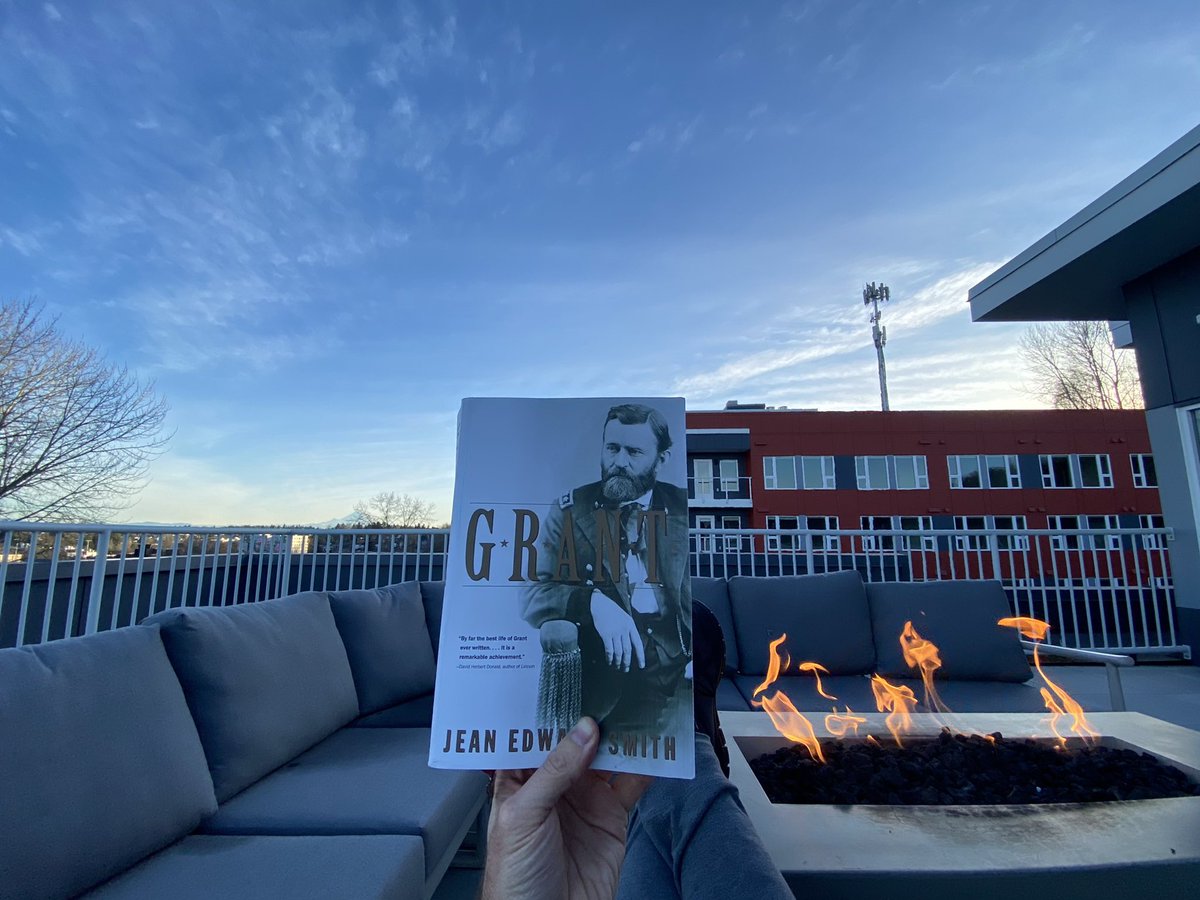
Just a few years before the Civil War, Grant was so poor he was peddling firewood on a St. Louis street corner in a faded army overcoat, trying to feed his family.
Ulysses S. Grant was actually named Hiram Ulysses Grant at birth, but when a congressman wrote his endorsement to attend West Point, he accidentally wrote “Ulysses S. Grant,” (Assuming S for Grant’s mother’s maiden name), and West Point refused to correct it. 
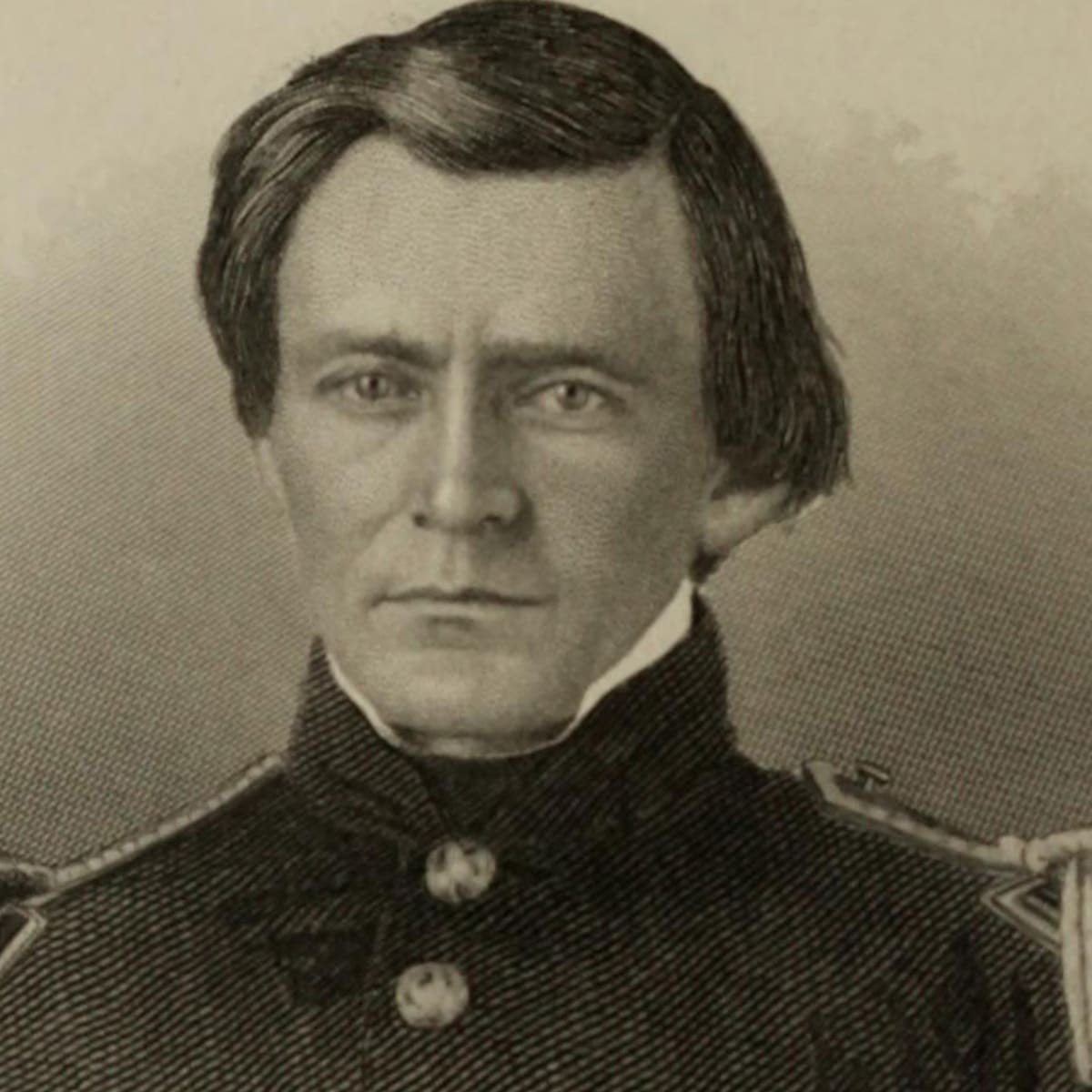
As a young Grant and American forces captured every Mexico City fortification Santa Anna could put in their way in the waning days of the Mexican American War (1846-48), Santa Anna grumbled, “If we were to plant our batteries in hell, the damned Yankees would take them from us.” 


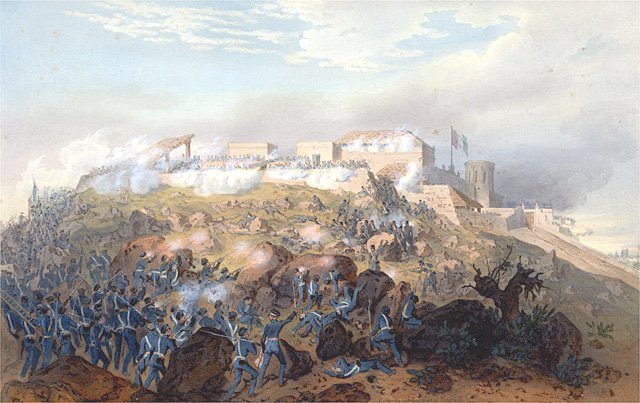
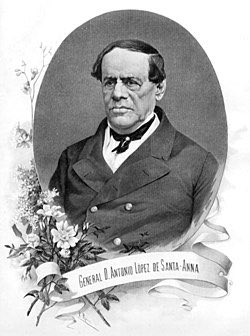
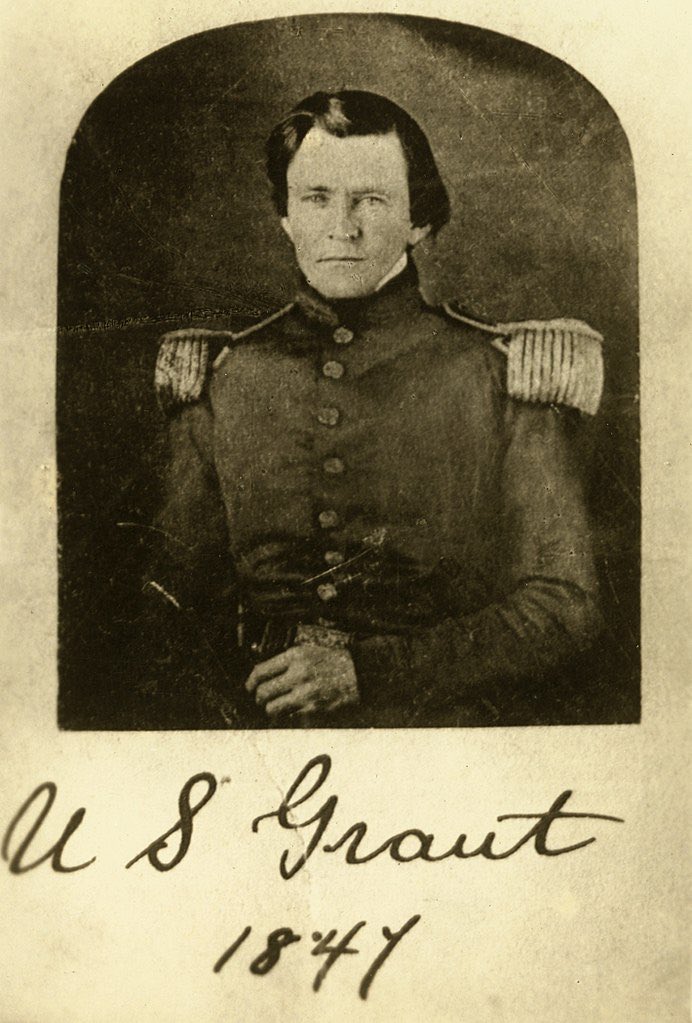
The civil war didn’t just divide families, it divided wedding parties.
The best man at Grant’s wedding and two of his ushers would go on to fight for the confederacy and eventually surrender to him at Appomattox courthouse at the end of the war.
The best man at Grant’s wedding and two of his ushers would go on to fight for the confederacy and eventually surrender to him at Appomattox courthouse at the end of the war.
1850’s Grant must be the unluckiest businessman:
• Carved ice near Canada to sell in San Francisco, but it melted en route
• Began to farm, but a flood destroyed his fields
• Invested in a business partner, but the guy skipped town and never paid him back
Rough!
• Carved ice near Canada to sell in San Francisco, but it melted en route
• Began to farm, but a flood destroyed his fields
• Invested in a business partner, but the guy skipped town and never paid him back
Rough!
In 1859, at a time of great personal poverty, Ulysses S Grant came into the ownership of a slave a colonel had left behind. He could have sold the slave for $1,000 or more - equal to a year’s salary when he’d been in the army - but instead he set the man free. 
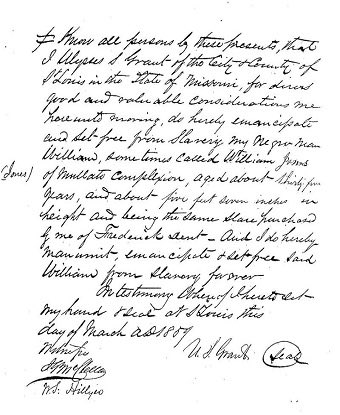
You know the number in Hamilton where Burr and Ham are exchanging notes signed “your obedient servant” before their duel? Turns out, North and South generals wrote similar notes to each other during the Civil War.
Here’s Grant demanding surrender with such a sign-off.
Here’s Grant demanding surrender with such a sign-off.
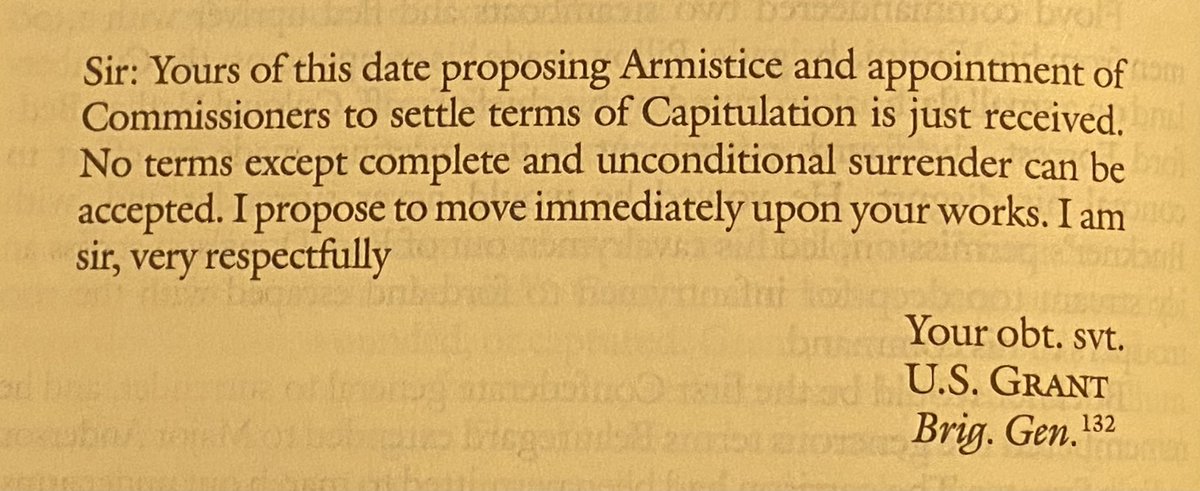
And here’s the musical number from Hamilton, because one should never miss an opportunity to share #Hamilton.
Grant was the first union general to capture a confederate army. The victory was so wildly celebrated in the north that one editorial wrote, “Any person found sober after nine o’clock in the evening would be arrested as a secessionist.”
#civilwar #US #USA #America #history
#civilwar #US #USA #America #history
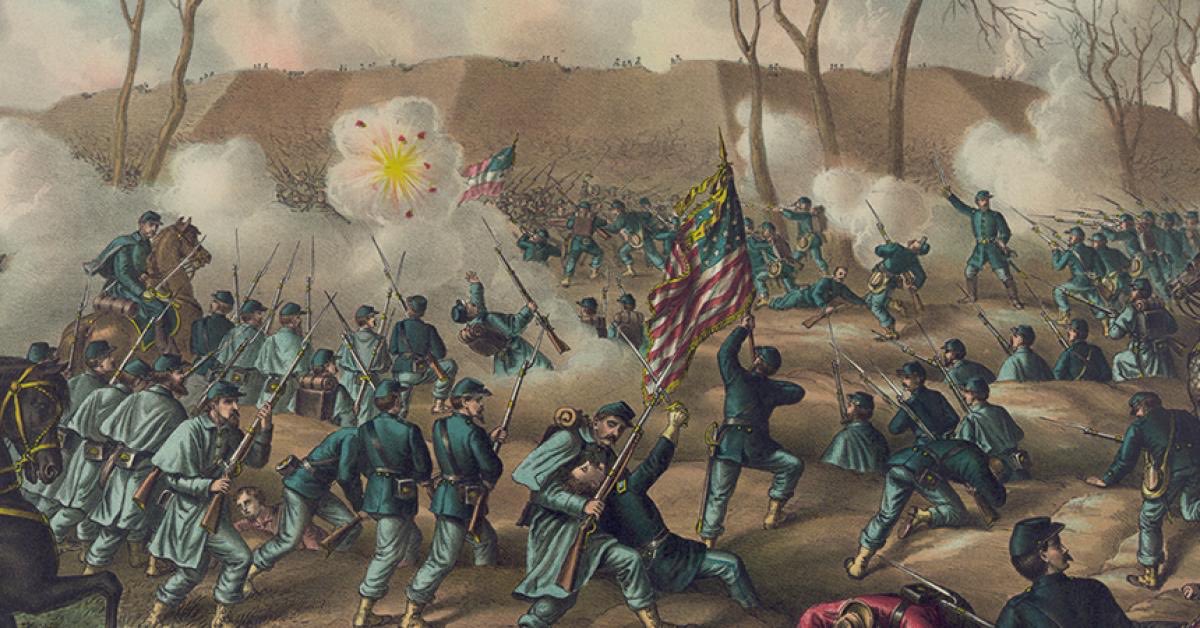
Also after this victory, newspapers reported Grant had smoked a cigar during the battle, so readers began shipping him cigars. As historian Jean Edward Smith put it, “Grant gave up smoking a pipe, if for no other reason than there were dozens of boxes of cigars lying around,” HQ.
In 1863, Grant & Sherman were asked their opinions on how to handle the occupied south. Sherman said he, “Would not coax them, or even meet them halfway, but make them so sick of war that generations would pass before they would again appeal to it.”
#ThatsCalledForeshadowing
#ThatsCalledForeshadowing
I really like this description of Grant. I didn’t expect him to be the same height and weight as I was when I graduated high school! 
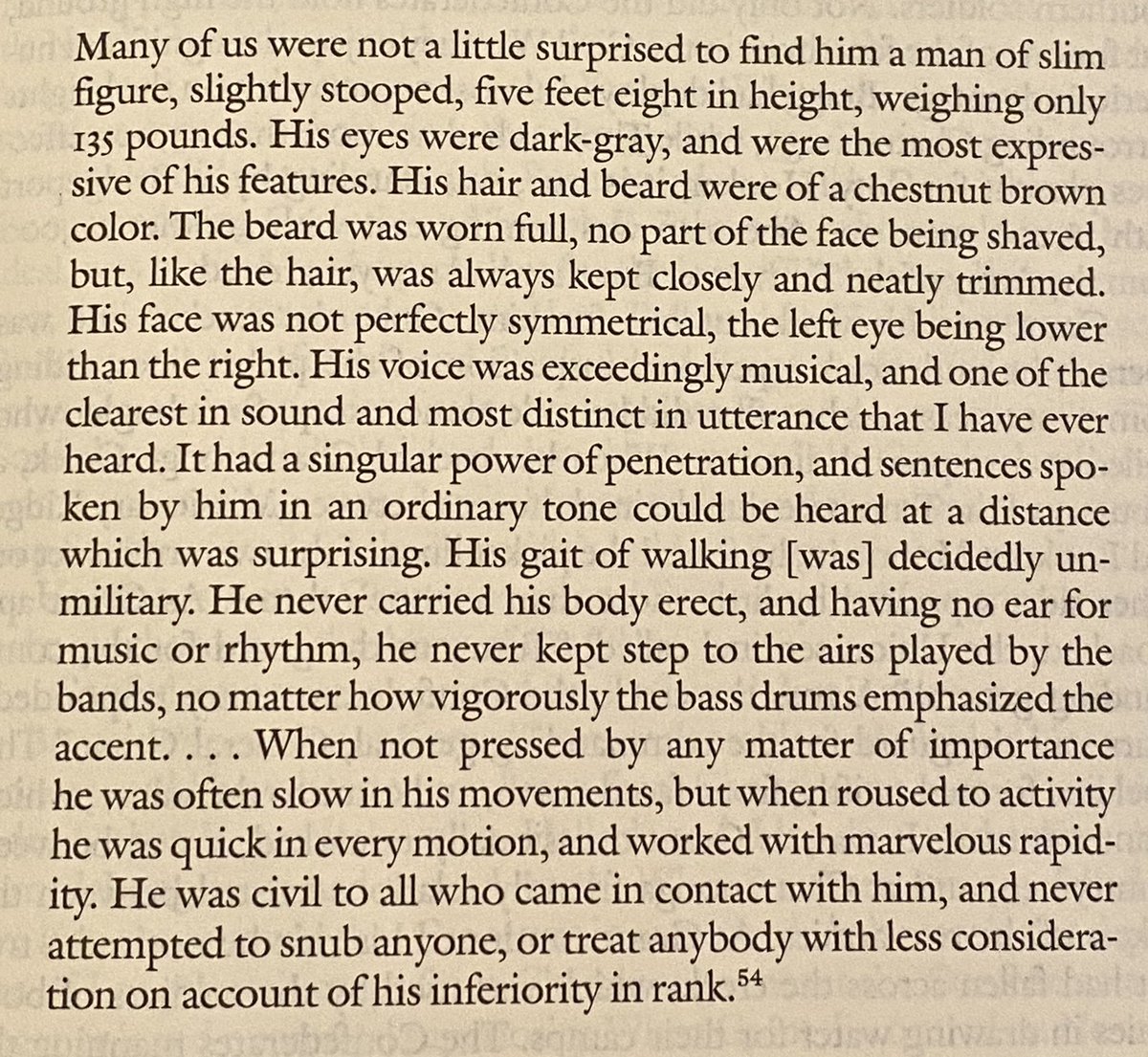
When Grant arrived at the besieged town of Chattanooga, he rode the lines and found places where the union & rebel forces were so close together that when the union soldiers were called to stand & salute general Grant, the southern troops respectfully stood and saluted as well.
At one point, Grant came across a soldier dressed in a shade of blue slightly different from the usual Union uniform. Grant asked the soldier whose corps he belonged to, and the soldier said “Longstreet,” the confederate general. They amiably chatted a bit before Grant rode off.
In the final year of the Civil War, a Sgt. saw Gen. Grant visit the Shenandoah Valley & told a comrade, “I hate to see that old cuss around, when that old cuss is around, there’s sure to be a big fight on hand.”
3 days later, the union attacked & routed the rebels in the valley.
3 days later, the union attacked & routed the rebels in the valley.
In the final year of the war, Lee proposed a prisoner exchange with Grant. Grant said, sure, as long as black prisoners are exchanged on the same basis as white prisoners. Lee refused, and so Grant ended all talk of an exchange. 
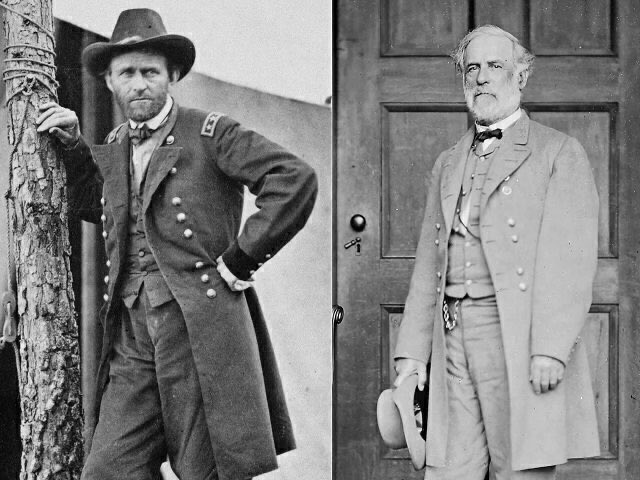
When Sherman’s army was in Atlanta (just before his March to the sea), Jefferson Davis boasted it was too deep in Confederate territory, vulnerable to being cut off from resupply, and destined to suffer Napoleon’s fate in Russia.
Grant’s retort: “Who is to furnish the snow?”
Grant’s retort: “Who is to furnish the snow?”
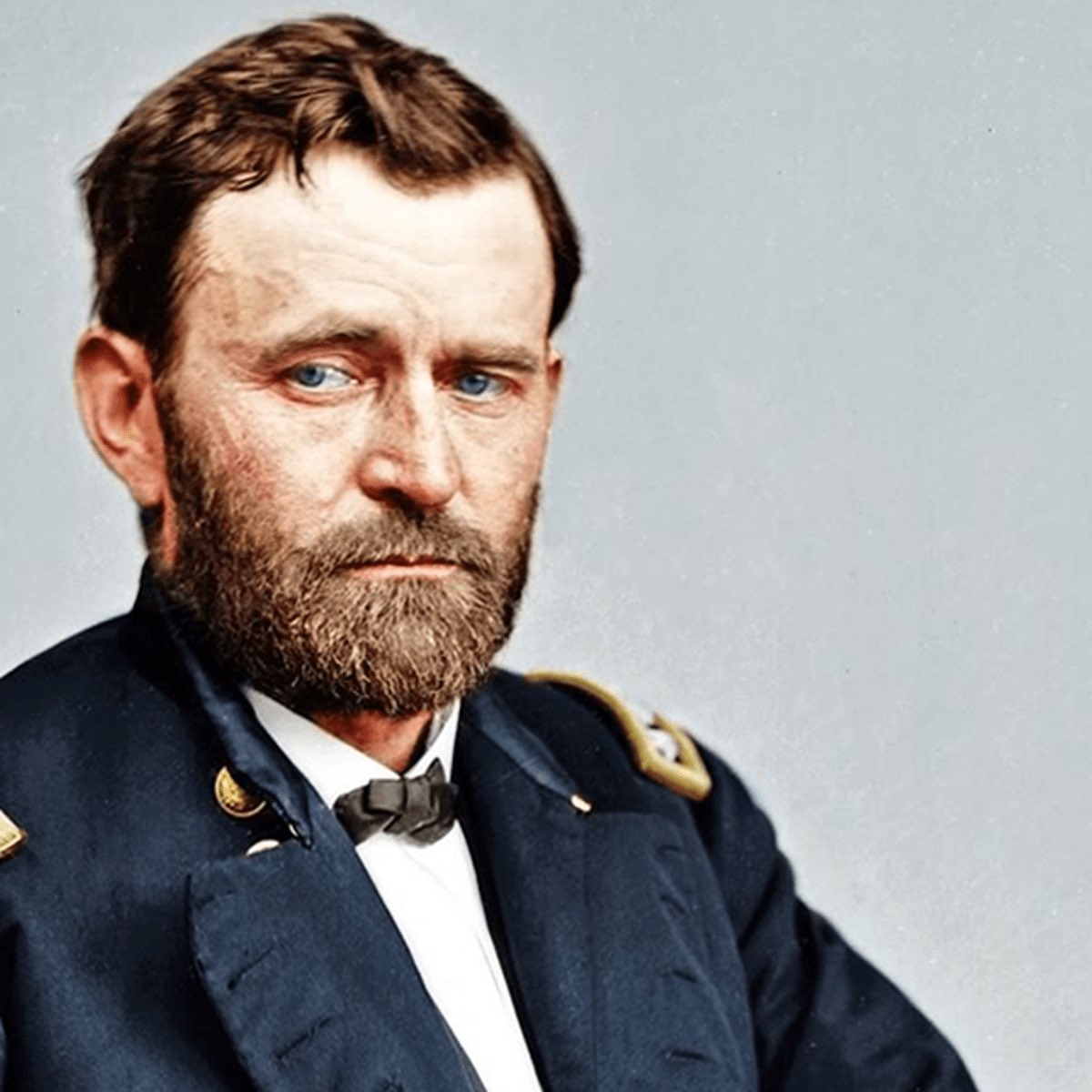
After completing his march to the sea, Congress considered promoting Sherman over Grant. Sherman was mortified & wrote Grant that he’d refuse if offered. Grant’s reply is a great example of confidence in #leadership.
#American #Military #History
#American #Military #History

• • •
Missing some Tweet in this thread? You can try to
force a refresh


